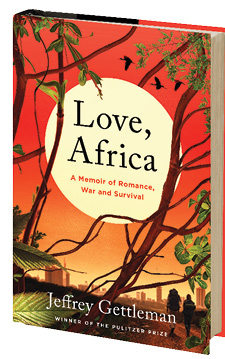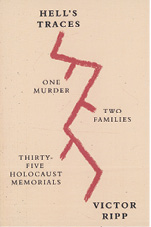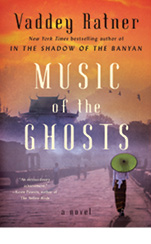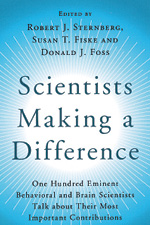 |
In a memoir that Kirkus calls “a stark, eye-opening, and sometimes horrifying portrait by a reporter enthralled by the ‘power and magic’ of Africa,” the New York Times East Africa bureau chief describes his struggle to balance marriage with a profession that requires constant travel and potentially deadly risks. Gettleman, who won the 2012 Pulitzer Prize for international reporting, organizes his chapters by regions and years, from Ithaca to Somalia to Kenya and beyond. He covers domestic upheavals—offering a frank discussion of his own infidelities—and personal and professional dramas, including being kidnapped by Ethiopian soldiers.
At nineteen, Gettleman went on what he calls a “homemade” service trip, in which he drove from Nairobi to Malawi to bring aid to refugees. The experience made him fall in love with Africa and long to return someday. But that plan was complicated when he met his wife-to-be, Courtenay Morris ’94, on the Hill. Their relationship put Gettleman’s dream of permanently relocating to Africa at odds with his desire to be with Morris, who became a criminal lawyer in the U.S. Throughout the book, and over the years, the couple alternates between having a long-distance relationship, living in the United States, and traveling together through war-torn countries for Gettleman’s reporting assignments. “These were the same exotic locales I used to stare at longingly on airport screens,” Gettleman writes of the nations from which he was assigned to report. “Now I was waking up in them, with Courtenay.”
|
 |
When Ripp was a young child, he and his immediate family fled Nazi-occupied Paris for the United States. But other members of his extended clan—including a cousin close to his own age—were not as fortunate, ultimately being murdered at Auschwitz. Seven decades after his migration, the scholar and fiction writer travels through Europe and visits thirty-five Holocaust memorials to learn more about his relatives, in an effort to understand how his family’s experiences fit into the broader scope of history. With an emphasis on the tragic fate of his cousin, which he himself narrowly avoided, Ripp pays tribute to the millions of lives lost. “Ripp is an engaging and empathic writer,” says Publishers Weekly, “who has found a unique, moving way to tell his extended family’s story during the Holocaust and to memorably honor his martyred cousin.”
|
 |
In the bestselling In the Shadow of the Banyan, Ratner fictionalized her own experience as a child during the Cambodian genocide. In her latest novel, she tells the story of Teera, a woman returning to Cambodia for the first time since she fled as a child refugee. After receiving an ambiguous message from a man who claims to have once known her father, Teera is drawn back to Cambodia in search of answers about her absent parent—and to understand what has become of the place she once called home. “I came raging against the loss, against this land,” Ratner writes, as Teera reflects on her return, “only to be embraced by it as if I’d never left.”
|
 |
“The purpose of this book,” the human development professor and his fellow editors write in their preface, “is to hear, in the first person, from some of the most eminent psychologists of the modern era regarding what they view as their single most important contribution to the behavioral and brain sciences.” The collection of autobiographical essays, published by Cambridge University Press, addresses such topics as the impact of science on happiness, on sexuality, and on human aggression. Among its 100 contributors are Cornellians Elizabeth Spelke, PhD ’78, a psychology professor at Harvard (who writes about the cognitive abilities of infants); Harry Triandis, PhD ’58, a professor emeritus of psychology at the University of Illinois (the connection between culture and psychology); and Cornell human development professor Stephen Ceci (how children form memories).
|






